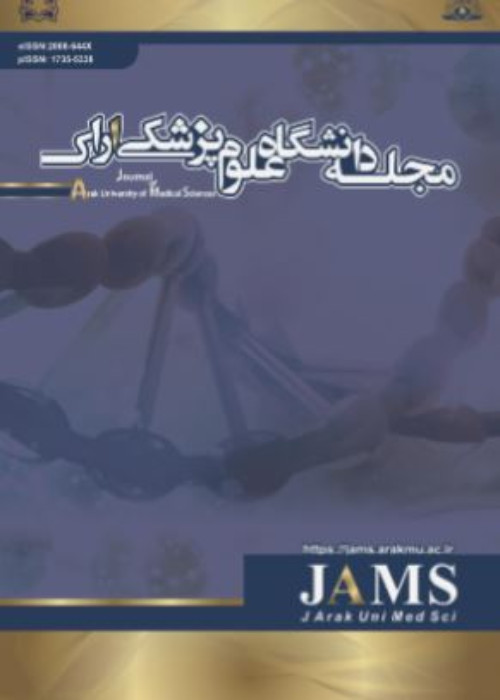Investigating the Relationship Between Stress Management Training and Employee Work Ethics
The occupational environment, the type of work overload or underload, physical risks, how individuals adapt to the workplace, and face the family - work constitute the sources of stress or occupational distress. Job stress emerges as the duties and tasks assigned to people are more than their abilities. This condition affects the health of individuals (physical and mental) and the type of employee relationships with their jobs and organization. This study aimed to investigate the relationship between stress management training and work ethics of employees.
This study aimed to investigate the relationship between stress management training and work ethics of employees. This research was an applied study in terms of purpose, a mixed exploratory (qualitative and quantitative) study in terms of data, a content analysis (qualitative stage) and cross-sectional survey (quantitative stage) in term of conduct. The study population in the qualitative section comprised experts (Experts in Psychology, Educational Management, and Social Medicine) according to the inclusion and exclusion criteria. In the qualitative section, the study population included experts and managers who had received stress management training. Sample size and sampling method in qualitative part was based on the principle of theoretical saturation, resulting in 12 people using purposive sampling method. In the quantitative part, the sampling was based on the Cochran’s formula, resulting in 220 people who were selected using cluster sampling method. To collect data in the qualitative section, we used semi-structured interviews and a researcher-made questionnaire on stress management training. In the quantitative part, we used the standard professional work ethics questionnaire of Armito et al. (2011). In the qualitative section, we used the content analysis of the interviews to analyze the data. In this regard, we used the coding method (open, axial, and selective coding), confirmatory factor analysis, exploratory factor analysis and structural equations. Then, we employed multivariate regression analysis to determine the relationship between the coping styles with stress and work ethics. The results showed that to deal with stressful situations, three basic strategies of event-focused coping, anxiety-focused coping, and avoidance-focused coping strategies can be used for stress management training models. Overall, the components presented for coping with stressful conditions have the necessary and appropriate validities. All three main coping strategies (event-focused, anxiety-focused, and refusal-focused) are suitable for explaining and fitting. So, they all are reliable and confirmed in the current research questionnaire of coping with stress.
This barcode research was presented to the Ethics Committee and registered in the system (IR.IAU.TNB.REC.1400.121).
Because the research is of mixed type (qualitative and quantitative), data analysis consists of two parts: qualitative data analysis and quantitative data analysis. The qualitative data analysis was preformed using conventional exploratory content analysis in three stages of open coding, axial coding, and selective coding. The quantitative data analysis, the appropriate statistical tests were used to examine and evaluate the research questions. At first, factor analysis technique was used to determine the status of the basic components of research and to assess their validity. Then, the relationship between research variables was examined using multivariate regression analysis technique.
Strategies for coping with stressful situations have a different effect on people’s professional work ethics so that the event-focused coping strategy has a significant positive relationship with professional ethics. The effect of event-focused coping strategy on professional work ethics is incremental. On the other hand, the anxiety-focused and avoidance-focused coping strategies have negative and decreasing relationship with professional ethics. The more emphasis on the event-focused coping strategy, the more would be the professional ethics of individuals and the more emphasis on the anxiety-focused and avoidance-focused coping strategies, the less would be the professional ethics of individuals.
- حق عضویت دریافتی صرف حمایت از نشریات عضو و نگهداری، تکمیل و توسعه مگیران میشود.
- پرداخت حق اشتراک و دانلود مقالات اجازه بازنشر آن در سایر رسانههای چاپی و دیجیتال را به کاربر نمیدهد.



